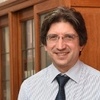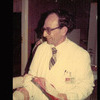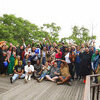Grace, grit carried Bridget Longla through gruelling PhD
28 August 2024 | Story Niémah Davids. Read time 9 min.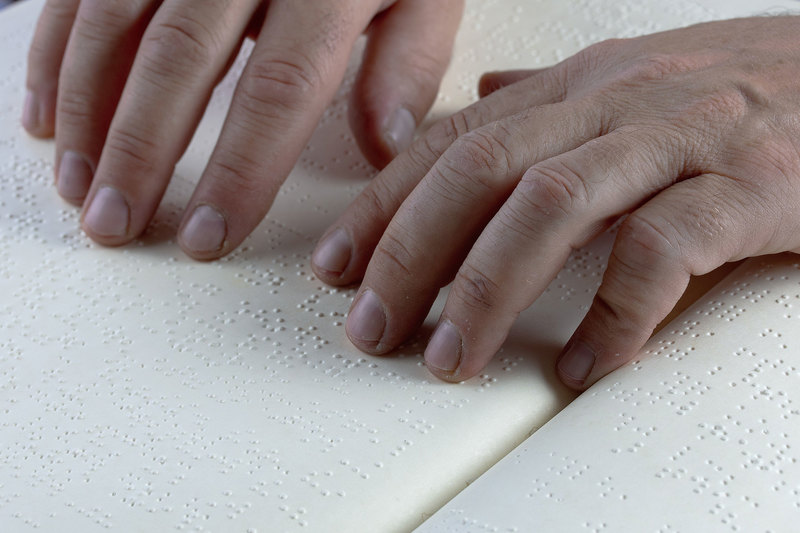
Bridget Longla’s life story is one that movies are made of. And if adapted into a feature film, it would be a bittersweet drama based on tragic, real-life events. It would have viewers weeping and in awe and would carry a message of overcoming.
The closing scene would show a beaming Bridget strolling across the stage in the University of Cape Town’s (UCT) Sarah Baartman Hall, dressed in a red robe, as hundreds in the audience cheer loudly. And the final credits would read: “Bridget graduated with her PhD in Disability Studies from UCT in September 2024”.
Her story is one of resilience and gives new meaning to victory over adversity. Bridget completed her PhD between her home in Bamenda in Cameroon, and Cape Town, amid much chaos and heartache. The death of both her parents, her loving husband of more than three decades, and other close relatives were reasons enough to quit. But she didn’t. Not even the Anglophone Crisis – an ongoing armed conflict in the English-speaking northwest and southwest regions of Cameroon – could stop her. When members of her family, including three siblings, were taken into captivity, tortured mercilessly, Bridget was “paralysed with fear” but she continued to persevere.
Her worst nightmare came true during a trip to Cape Town to complete work on her thesis. She was in the final stages of writing and needed some one-on-one time with her “most amazing and indefatigable” supervisor, Professor Judith McKenzie, in UCT’s Division of Disability Studies, when she got word that her brother was shot and killed by a group of unknown gunmen. His killers were never apprehended.
“It was like a whirlwind, like a movie and I was the main character.”
“It was a painful time. It was like a whirlwind, like a movie and I was the main character. I didn’t think that I would make it to the other side. I wanted to quit so many, many times. It’s through grace, and the constant motivation of my family and my supervisor that I am here today,” Bridget said. “Their unwavering support meant everything to me.”
Inclusive education
Bridget’s PhD started in 2017, and she was led to UCT via a Massive Open Online Course (MOOC) on inclusive education. The programme resonated with her because of its relevancy and the way it addressed the topic in the African context. Ultimately, the MOOC prompted her application. And when she penned an email to Professor McKenzie and received a positive response, in one swift motion Bridget completed her application, received the news that she had been accepted, and boarded a plane to Cape Town to begin what was to be a long, arduous, but worthwhile journey.
As a teacher and an inclusive education adviser, Bridget said she witnessed firsthand how learners with visual impairments struggle to navigate the teaching and learning space. Despite advances globally, no accessible teaching and learning resources to support learners with visual impairments are available in Cameroon. This, she said, means that learners are required to come up with their own methods of understanding the curriculum. Her PhD took a closer look at their learning needs and the measures and tools in place at mainstream schools in Cameroon to accommodate them. She focused her thesis case study on a secondary school that cannot be named due to ethical reasons.
“Embarking on this journey was a high moment for me. When I started my PhD, I was already involved in impactful work in inclusive education, drawing on basic knowledge I gained while attending conferences, reading extensively on the topic and visiting various schools in the United Kingdom and the Netherlands and engaging with inclusive education advocates,” she said. “But I felt I needed to gain more authority in the field because teachers, parents, as well as learners with disabilities were starting to rely on me to enhance their school and learning experience. I also wanted to understand why their education doesn’t seem to matter here.”
Failing learners with disabilities
The outcome of her thesis doesn’t paint a pretty picture. Bridget said the laws on inclusive education in Cameroon are framed within the medical model perspective, which views disability as a problem or deficiency. This, she added, directly influences how role players view and respond to the learning needs of children with disabilities and visual impairments, in particular.
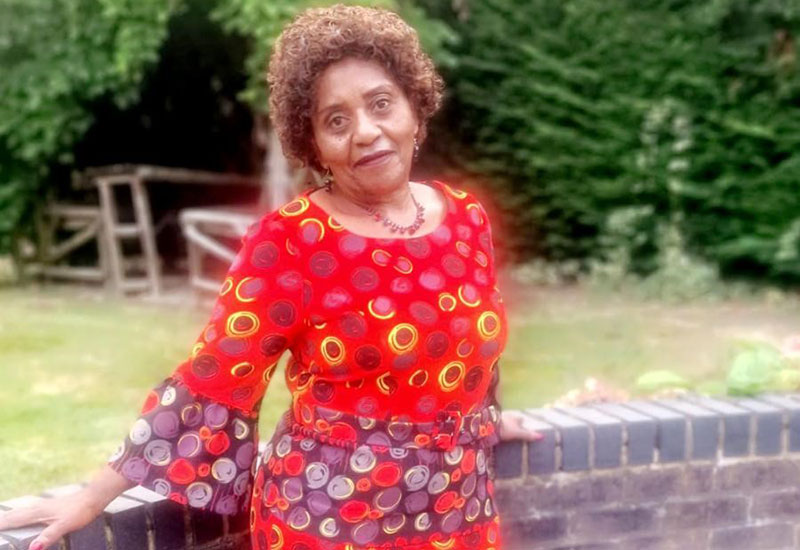
Her research found that a robust policy on inclusive education is not in place in Cameroon, and role players in the education space seem reluctant to develop one. As a result, learners are left to fend for themselves in the classroom. Because their needs aren’t adequately met and the teaching and learning space is simply not a conducive environment, the study results show that learners feel unwelcome and excluded.
“The teaching and learning environments play a massive role in the school experience of learners with disabilities, more so those with visual impairments,” she said. “The absence of a fully-fledged policy on inclusive education demonstrates that the model is considered optional, even though Cameroon ratified the United Nations [UN] Convention on the Rights of Persons with Disabilities.”
‘No one is immune to disability’
Bridget’s research participants comprised parents, teachers and school heads. But learners with severe to profound visual impairments, most of whom lived in school hostels and came from rural communities, formed an integral part of the study. Learners’ message is clear: their learning needs are not met. And the main reason for this, Bridget explained, is because teachers don’t understand what these needs are.
Other interesting aspects that emerged from her research was teachers’ “stereotypical and biased” thinking. Some teachers indicated that learners who are blind and visually impaired had nothing to contribute to society and that “nothing good” would come from them. Alarmingly, others also wished their learners dead.
“This is heartbreaking and such thinking reveals the ignorance around disability that clearly still exists.”
“This is heartbreaking and such thinking reveals the ignorance around disability that clearly still exists. This highlights the need for inclusive education models to change this narrow-minded level of thinking,” she said. “We need to help people realise that no one is immune to disability and people with disabilities can make a meaningful contribution to society.”
Let this work not go to waste
Now that she has completed her gruelling PhD, what comes next? Bridget said she hopes her work will serve as an eye-opener for role players and highlight the importance of developing more transformed and inclusive teaching and learning models tailored to learners with different disabilities, with a focus on visual impairments. The comprehensive policy should be implemented within a rights-based framework, and to ensure that it ticks the right boxes, Bridget suggested that it includes input from parents, caregivers and learners with disabilities.
Since publishing her thesis, Bridget said the Cameroon Baptist Convention Health Services – a faith-based non-profit organisation that offers holistic healthcare to patients – has spearheaded a special digital library project to ensure that blind and visually impaired learners have access to selected textbooks targeted to their needs. The pilot project was developed to hasten the national Ministries of Education to make work of implementing policies that ensure that all educational resources are accessible to those who need it.
“The pilot will hopefully improve the overall learning experience of our learners and encourage more to enrol in schools and in this way, achieve the UN’s Sustainable Development Goal 4 that foregrounds the need for inclusive, equitable education to promote lifelong learning,” she said.
Making her parents proud
Reflecting on her PhD journey, Bridget said she had two goals: to make a meaningful contribution to the inclusive education discourse in Cameroon and change the learning experience of learners who are blind and visually impaired, and to make her beloved parents proud. She’s confident that she has achieved both.
“They [my parents] are not here to see it. But I know they are both smiling down on me. They believed that education has the power to change the world. I believe that too, which is why I am here today,” she said.
For McKenzie and other members of staff in the Department of Disability Studies, including Professor Theresa Lorenzo, Bridget has high praise.
“Every time I felt like giving up, they were there, like voices of reason. Their love, support and faith carried me. I’m so grateful and will never forget their contribution,” she said.
“In Cameroon we say: no sweat, no sweet. So, keep going.”
To both undergraduate and postgraduate students who feel the end is out of reach, Bridget has some words of wisdom.
“In Cameroon we often say: no sweat, no sweet. So, keep going.
 This work is licensed under a Creative Commons Attribution-NoDerivatives 4.0 International License.
This work is licensed under a Creative Commons Attribution-NoDerivatives 4.0 International License.
Please view the republishing articles page for more information.
Faculty of Health Sciences News

Renowned cancer scientist Prof Sharon Prince has been honoured with the 2025 A.G. Oettlé Memorial Award for her pioneering research, leadership and dedication to developing affordable cancer therapies in South Africa.
23 Dec 2025 - 5 min read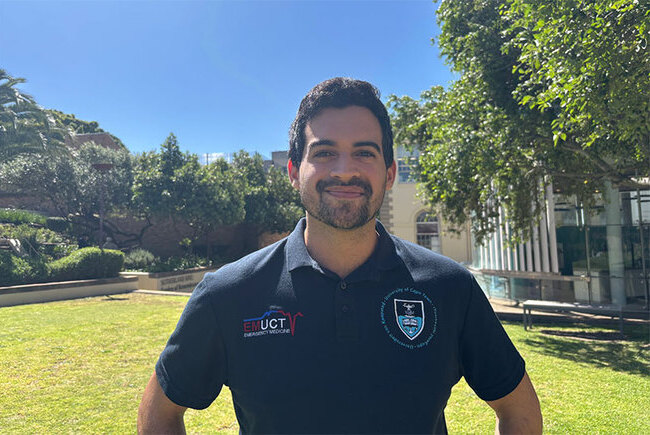
Emergency Medicine lecturer Wesley Craig applied his training in emergency care to rescue a patient who had gone into cardiac arrest at his gym. He recounts his experience and emphasises the importance of acting in spite of fear.
18 Dec 2025 - 4 min read












